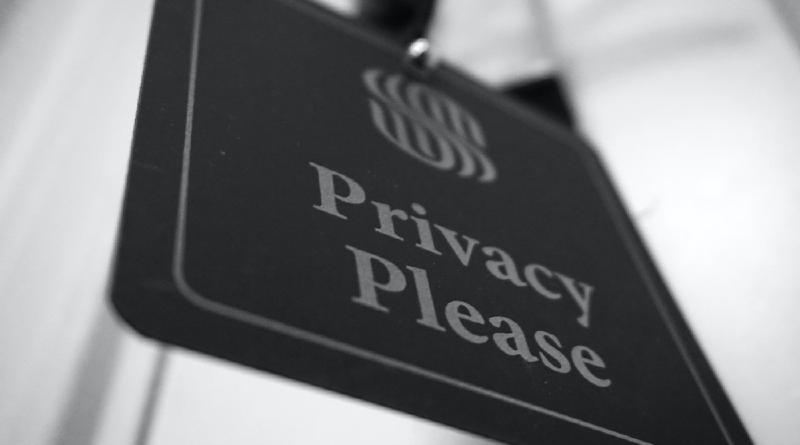In today’s digital age, data privacy has become an essential concern for both individuals and organizations. For church leaders, safeguarding personal information is not only an ethical responsibility but also a legal obligation. The California Consumer Privacy Act (CCPA) is one such legislation that has significant implications for churches and religious organizations operating in the state of California. In this blog post, we’ll explore what CCPA regulations entail and what church leadership, particularly those aged 50 years and older, need to know to ensure compliance and protect their congregants’ privacy.
Understanding the CCPA
The California Consumer Privacy Act, passed in 2018, aims to enhance consumer privacy rights and promote transparency in the collection and handling of personal information. It gives California residents greater control over their data, granting them the right to know what personal information is being collected and how it is being used, as well as the right to opt-out of its sale.
Who Does CCPA Apply To?
CCPA applies to businesses and organizations, with operations in california, that meet specific criteria. Even if your church is a non-profit entity, it may still be subject to CCPA if it meets any of the following thresholds:
- Has an annual gross revenue of $25 million or more.
- Buys, receives, or sells the personal information of 50,000 or more California residents, households, or devices.
- Derives 50% or more of its annual revenue from selling California residents’ personal information.
If you church doesn’t meet any of these criteria or doesn’t operated in California; congratulations you might not need to adhere to these regulations. However, more and more government organizations are looking to take the same lead from California.
It would be in your congregations best interest to read the rest of this post. You never know when you local or state government creates their own version of the CCPA.
Original Text
Like many bible scholars it’s important to get back to the original language. With the New Testament that would be Greek. For the CCPA; it’s found here at the State of California Department of Justice Website. Luckily it’s in English and not Greek.
New Rights for Californians
The CCPA secured 6 new rights for the citizens of California:
Right to Know
You have the right to know what personal information a business or organization is collecting about you and how they use it.
Right to Delete
You can request that a business deletes your personal information they have collected, and they must do so, unless certain exceptions apply.
Right to Opt-Out
You can choose to opt-out of having your personal information sold to other companies. Businesses must respect your decision and stop selling your data if you exercise this right.
Right to Non-Discrimination
Businesses cannot treat you differently or deny you services just because you exercised your privacy rights under the CCPA. They must provide the same level of service to all customers.
Right to Correct
If the personal information a business has about you is incorrect or incomplete, you have the right to ask them to correct it.
Right to Limit
You can request that a business limits the use or disclosure of your personal information to specific purposes, which they must respect unless certain exceptions apply.
These rights are designed to give California citizens more control over their personal information and ensure that businesses handle it responsibly and transparently.
Adhering to CCPA regulations is crucial for church leaders to uphold their commitment to safeguarding their congregation’s privacy. By understanding the provisions of CCPA, identifying its impact on church activities, and taking proactive steps to ensure compliance, church leaders can confidently navigate the landscape of data privacy, building trust and stronger relationships within their faith communities. Remember, protecting personal information is not only a legal obligation but a reflection of the church’s dedication to its values and the well-being of its congregation.
Photo by Jason Dent on Unsplash
